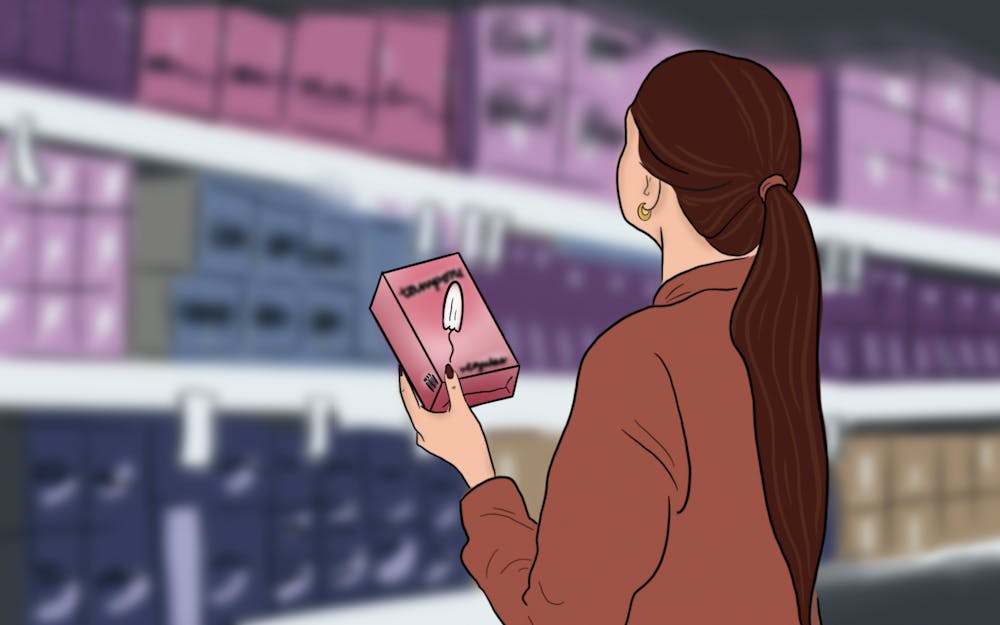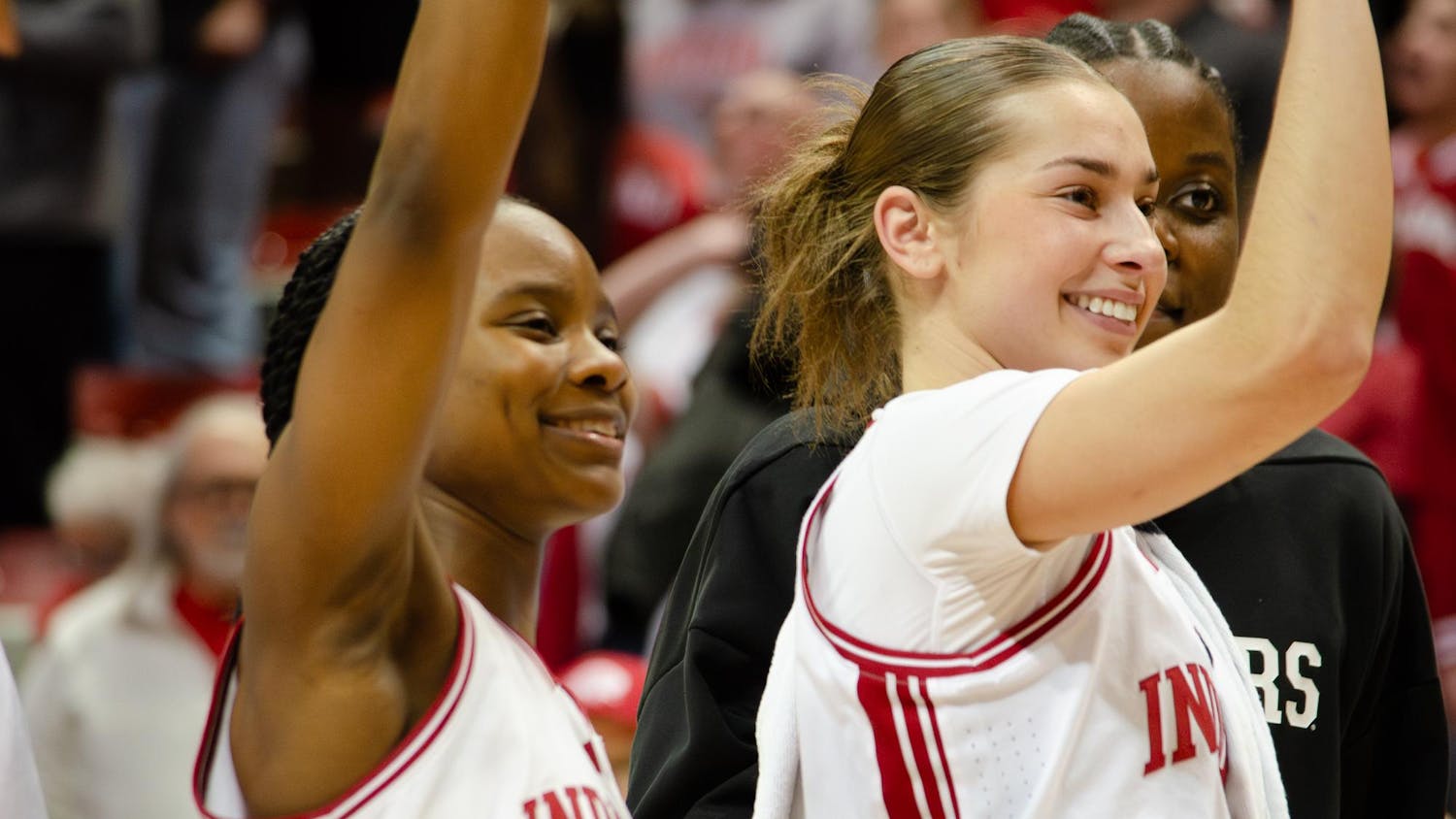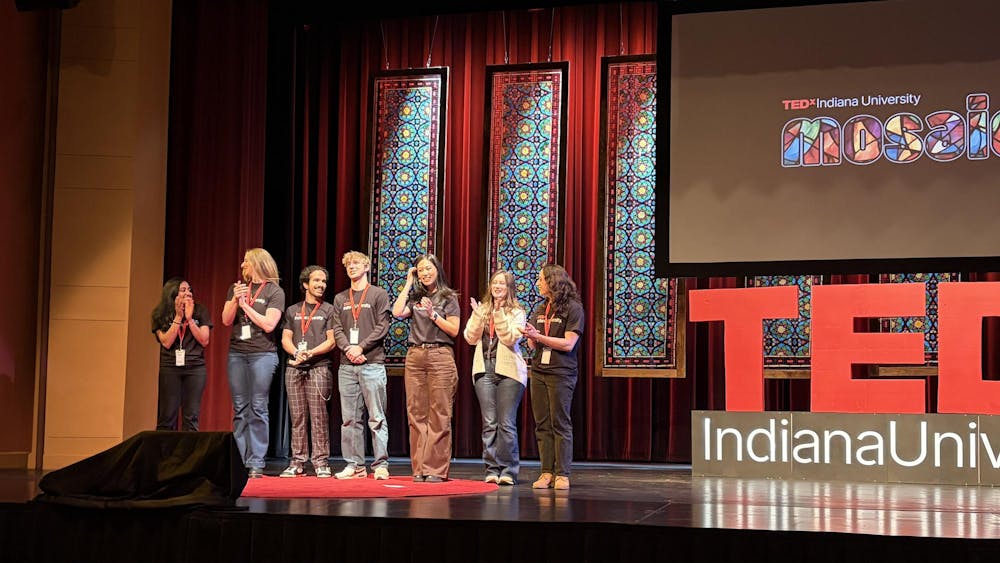March 8 marks this year’s International Women’s Day— a global holiday that celebrates the achievements of women and calls people to examine and eliminate gender biases.
While we should celebrate the major strides that have been made to improve gender equality across the world, we should also spend the day acknowledging how biases still perpetuate inequity for women and non-binary people. One issue that manifests from these biases is period poverty.
Period poverty is the lack of access to menstrual products, educational resources and/or necessary hygiene facilities. This global public health crisis affects more than 500 million people who menstruate each year.
Its ramifications can be vastly harmful. Feeling uncomfortable when going about daily life without necessary hygiene products can be detrimental to an individual’s confidence and mental health. Also, if someone is forced to ration what few products they have during their period — or use make-shift, unsanitary solutions — they risk infection.
Lack of access to these items can also force someone to skip time at work or young people to miss out on days of school.
It’s concerning and deeply frustrating that menstruation — a biological process that so many individuals experience — still hinders people’s education in 2022, especially considering women across the world already need to fight for their right to that education.
For me, it’s difficult to fully celebrate today knowing that in the U.S. and across the world, many are forced to miss out on daily life during their periods for no explicable reason other than glaring sexism and ignorance.
It’s the social stigma surrounding menstruation that exacerbates period poverty. If it’s awkward and embarrassing to talk about periods at all, it only makes it harder for people to ask for the help they need to afford these basic necessities. And when (usually male) lawmakers fail to consider the realities of living with a period, these products become even less accessible.
For example, there’s the “pink tax.” Thirty states — including Indiana — across the U.S. tax period products as non-essential items, while essential items such as food and certain medicines are typically considered tax-exempt. But I’d argue almost anyone who’s ever had a period would consider sanitary products pretty essential.
The “pink tax” only makes the cost of period products more burdensome. According to a 2019 study published by Reuters, two-thirds of low-income women in the U.S. said they struggled to afford period products. Almost half of the women surveyed said they often had to choose between buying food or sanitary supplies that month. During the COVID-19 pandemic, low income communities struggled with period poverty even more.
And while period disparities most seriously affect women living below the poverty line, government-funded welfare programs and food stamps don’t cover period products either.
As a college student, I’m especially worried about the amount of people in my age demographic who struggle with this issue as well. A study published by BMC Women’s Health found 14.2% of college-aged women in the U.S. reported struggling to pay for their period products each year, and 10% reported it monthly.
Knowing period poverty is so rampant across college campuses in the U.S., faculty and students at IU should be considerate of their peers’ needs. Whether that means the university actually stocking sanitary supplies in all bathrooms across campus — instead of just a couple — or even individuals simply donating period products whenever they’re able.
On a holiday such as International Women’s Day, we need to appreciate how far we’ve come to improve gender equity, while still being mindful of where we must go from here. Anyone who menstruates also has a right to education, work and to feel comfortable and healthy every day — whether they’re menstruating or not.
Tory Basile (she/her) is a freshman studying journalism and political science.






